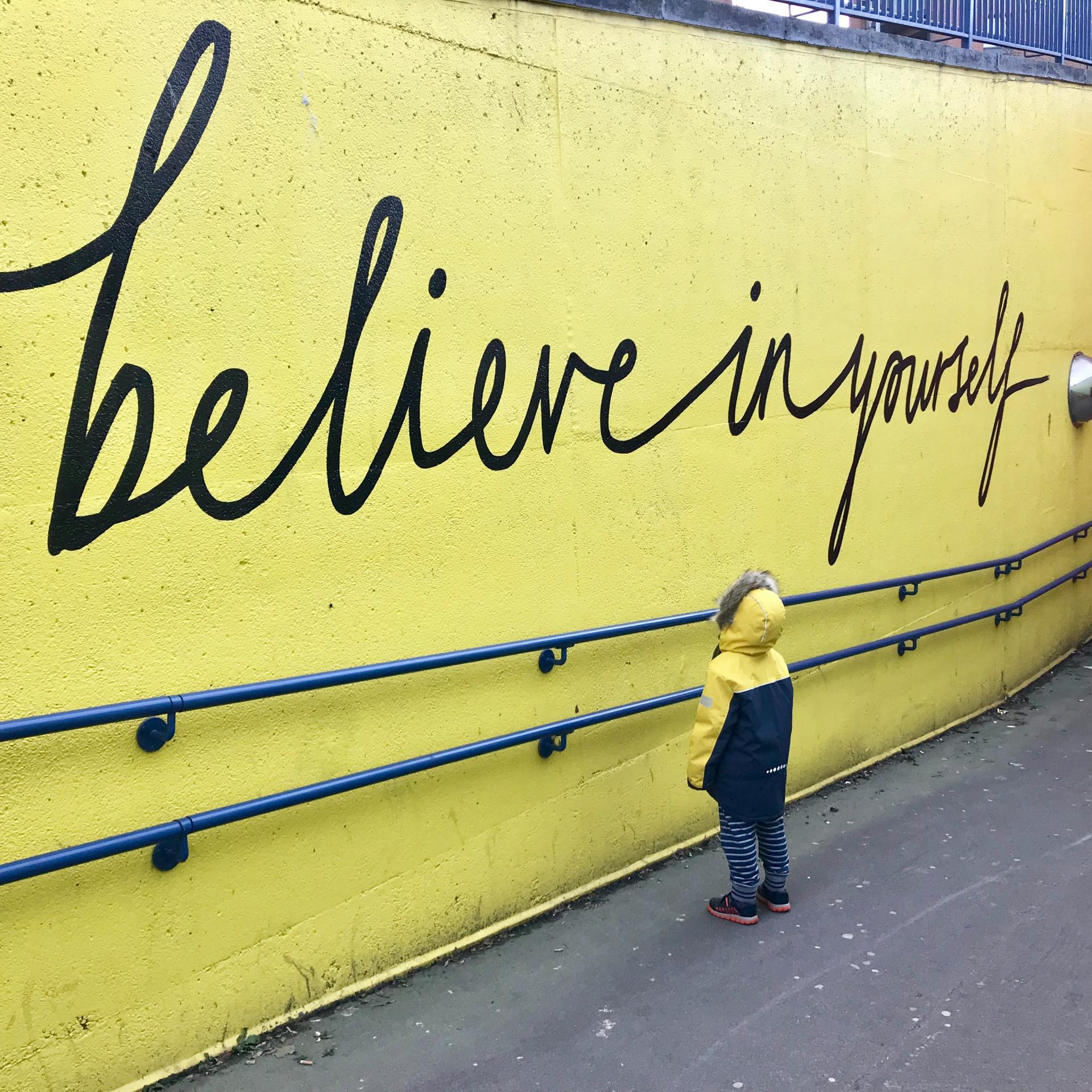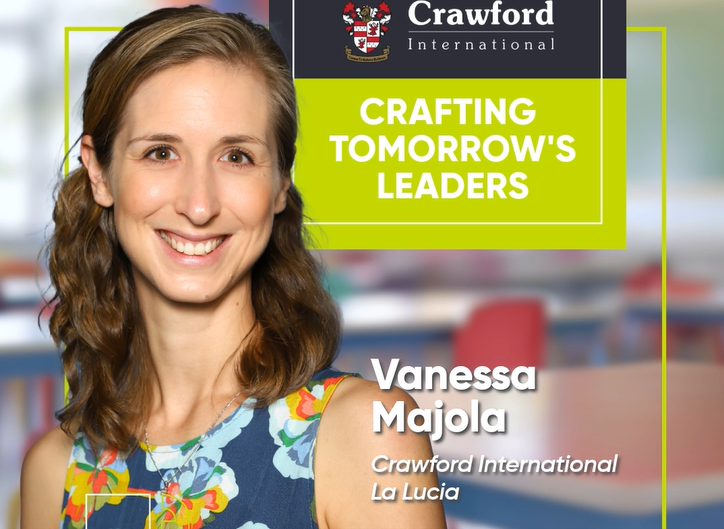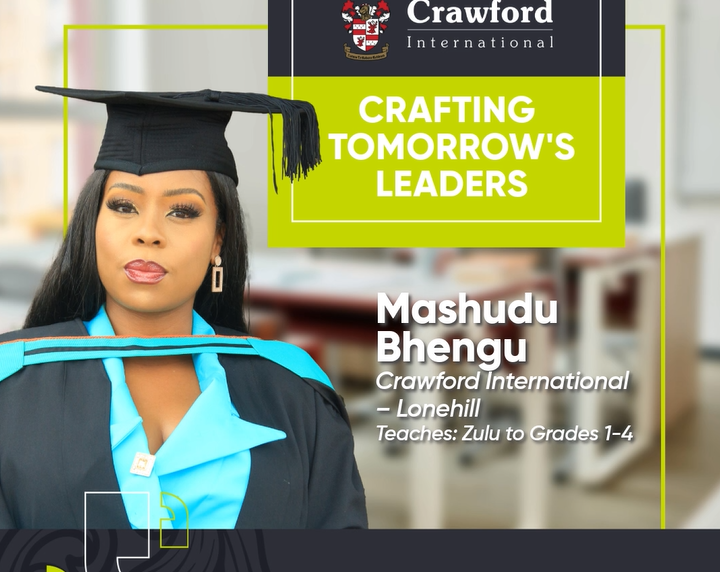Self-esteem
Di Dawes • April 7, 2021
Self-esteem in children

While wanting your child to grow and develop into a happy, confident individual is normal for many parents, it is not always obvious how to help them achieve this goal. Every child is different, and even children within the same family may have varying needs and challenges. Self- esteem, however, is universally important for all children.
What Is Self-Esteeem?
Self-esteem is, in its simplest definition, the way you feel about yourself.
When children feel confident about themselves and their abilities, they have good self-esteem. Self-esteem is one of the measures of a child’s overall mental health.
Self-esteem develops throughout your child’s life and serves different purposes at different stages. For instance, babies develop persistence and perseverance and the belief that they can accomplish things through effort. They learn how to roll over, sit and stand on their own with repeated attempts. Toddlers develop self-esteem as they reach milestones like dressing themselves, feeding themselves or using the bathroom. The process of attempting things which at first seem difficult and not giving up is essential to the development of confidence. Effort should be praised and encouraged at all times.
Why Is Self-Esteem Important?
Self-esteem matters because it directly impacts the way children act every day. According to the National Network for Child Care your child’s self-esteem affects friendships with other children, ability to manage peer pressure, success in school and the ability to problem-solve.
Children with good self-esteem are also better able to deal with strong emotions, both good and bad, and to cope with challenges and frustrations when they arise.
Research is showing, categorically, that a child’s level of confidence and self-esteem is enhanced with age-appropriate responsibility and expectations. We, as parents, often want to do things for our children and don’t teach them to do things for themselves. Basic self-help skills such as dressing themselves, feeding themselves, packing away their toys and putting their belongings in specific places so that they are not misplaced are essential. There is a correlation between the level of independence and autonomy of the child and his/her self-esteem.
Confidence is developed through successfully doing things for ourselves. By helping our children rather than teaching them to do things for themselves (and standing by to assist if necessary) we rob them of the chance to develop self-confidence.
Ways You Help Your Child Build Self-Esteem
The question then is how can we help to ensure that our children learn the self-help skills and responsibility? Here are some ideas:
1. Give children tasks around the house when they are young
From about 2 years of age young children have a strong desire to help out. They can do much more than you think. Be patient and creative.
Allowing children to help builds confidence and enthusiasm and a sense of belonging. My 2 year-old grandson feeds the cats and the fish every day. I generally have to remind him but he knows exactly how to do it and loves the responsibility. In summer his job was to water the strawberries. We did get water all over the place and he became distracted by the stream but the strawberries were always watered.
2. Praise your children when they have managed a task independently
Specifically point out what you like about their behaviour. I am so proud of you for dressing yourself today. It gave me more time to get breakfast ready. Do this even if the child has the t-shirt on backwards or has paired odd colours. It is usually easier to start by asking your child to undress.
3. Talk about responsibility frequently
Make responsibility a family value; let them know it is important.
Describe the responsible behaviour that you see. For example: You took your plate and cup to the kitchen. Thank you for being so responsible.
4. Model responsible behaviour for your children
This is where they will learn it from. Take care of your own belongings.
Try to be punctual. Your children are watching you very closely! They learn more by watching you than they do from listening to what you say. Expect them to behave responsibly. Use the opportunity to teach them when they don’t.
5. Have a strong, unfailing belief that your child is capable
Children pick up on this belief and they tend to rise to the level of expectation. Keep believing in them, even when they make mistakes!
I love to do things for my grandchildren. It makes me feel as though I am caring for them but I need to rather make the effort to teach and stand back and watch them do things for themselves. It takes more patience and is time consuming but the reward is confident children who believe that they CAN.
Di Dawes












